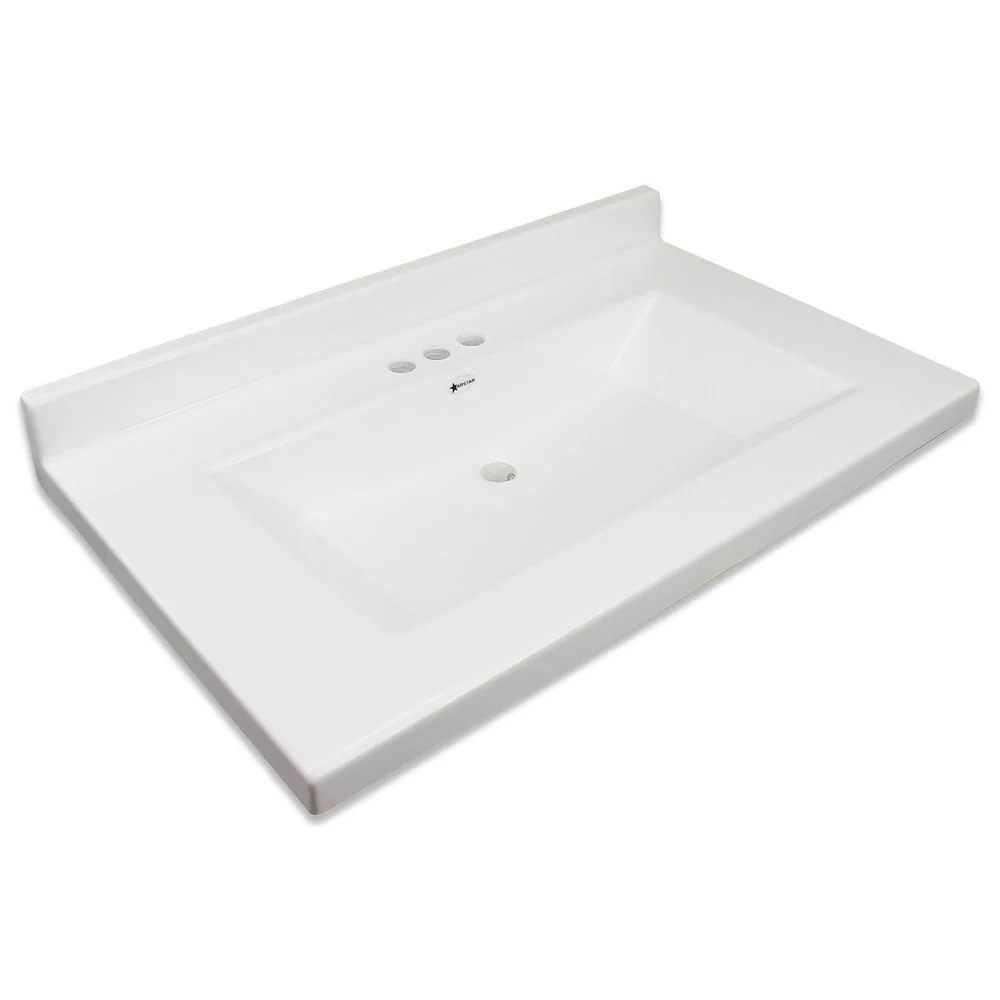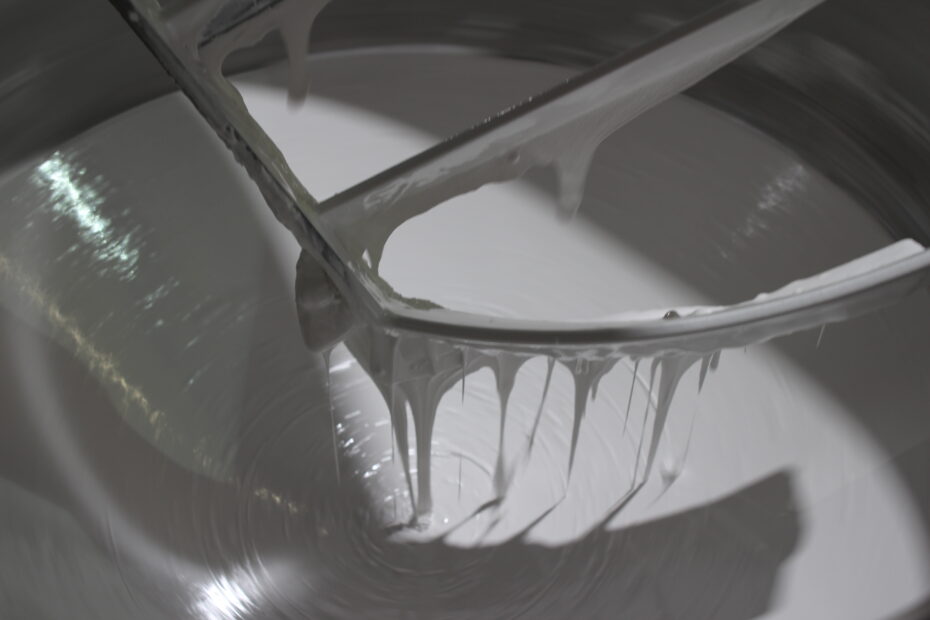Cultured marble, also known as engineered marble, is a popular material for bathroom countertops, sinks, and shower walls. It is a combination of crushed marble and a binder material that is molded into various shapes. One of the most important ingredients in cultured marble manufacturing is calcium carbonate. In this post, we will explore the benefits of using calcium carbonate in the production of cultured marble and how it can add value to your production process.

Strength and Durability – One of the major benefits of using calcium carbonate in cultured marble manufacturing is its strength and durability. Calcium carbonate is a naturally occurring mineral that is found in abundance in the Earth’s crust. When mixed with resin, it forms a solid and durable material that is resistant to scratches, chipping, and cracking. This makes cultured marble products that are made using calcium carbonate ideal for high-traffic areas such as bathrooms and kitchens where durability is key.
Cost-Effective – Calcium carbonate is an affordable and readily available material, making it a cost-effective option for cultured marble manufacturing. Compared to other additives used in the production process, calcium carbonate is relatively inexpensive and provides better value for money. This is particularly advantageous for small-scale manufacturers who may not have the resources to invest in expensive additives.
Versatile – Calcium carbonate is an incredibly versatile material that can be used to achieve various styles and finishes. It can be added to the manufacturing process in different amounts to create different colors, patterns, and textures. Calcium carbonate can also be used to mimic the look of natural stone, making it an ideal material for luxury bathrooms and high-end residential projects.
Environmental Benefits – Calcium carbonate is a natural and sustainable material, making it an eco-friendly option for cultured marble manufacturing. It is non-toxic and can be recycled, reducing the amount of waste generated during the production process. Using calcium carbonate in cultured marble manufacturing can also reduce the amount of natural resources required, such as marble or granite.
Consistency – One of the biggest challenges in cultured marble manufacturing is ensuring consistent quality across different batches of products. Calcium carbonate can help to overcome this challenge by providing a stable and reliable material that can be used in different mix ratios to achieve the desired consistency. This means that manufacturers can produce high-quality products that meet strict specifications and standards, ensuring customer satisfaction.
In conclusion, using calcium carbonate in cultured marble manufacturing provides a range of benefits that can add value to your production process. From strength and durability to cost-effectiveness and eco-friendliness, calcium carbonate is a versatile material that can help manufacturers create high-quality products that meet the demands of the market. By understanding the benefits of using calcium carbonate in cultured marble manufacturing, you can take advantage of this versatile material to improve your production process and deliver superior products to your customers.
